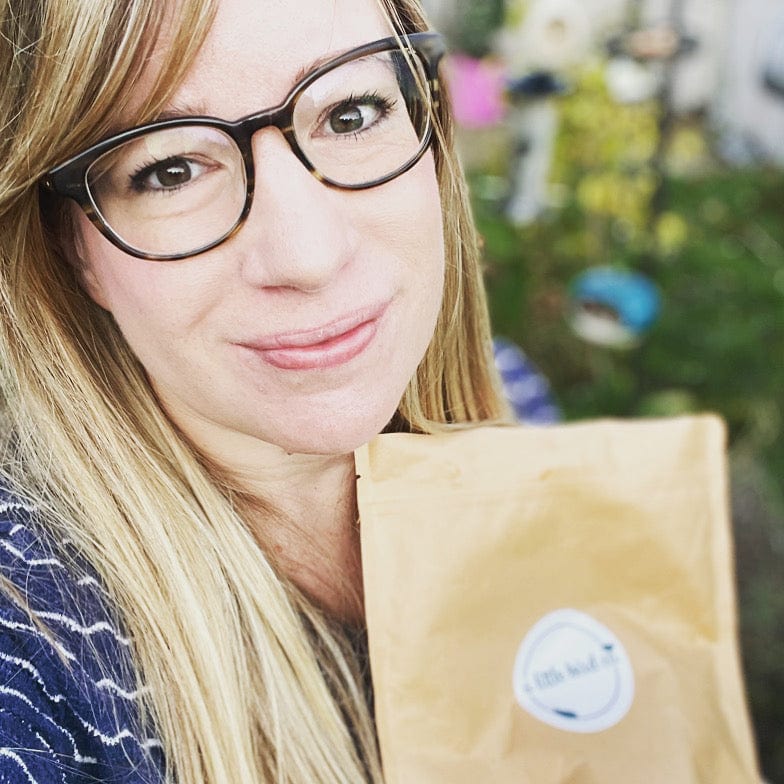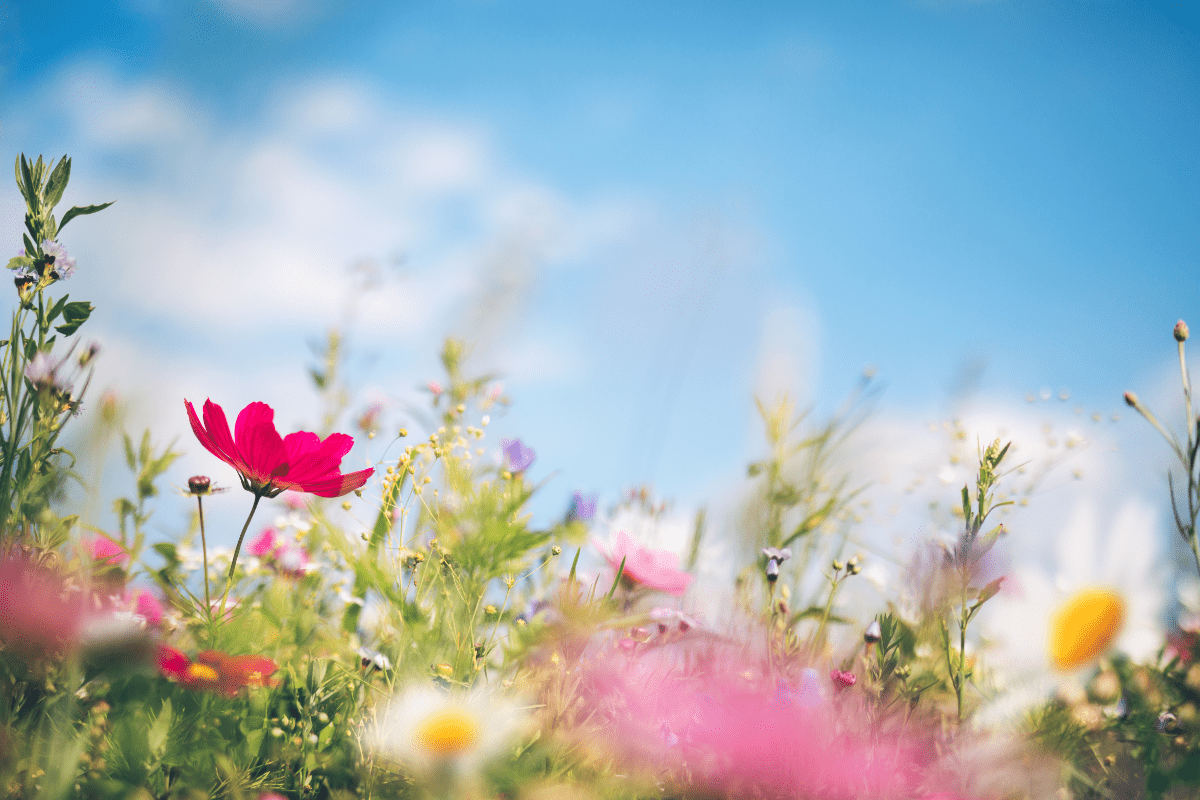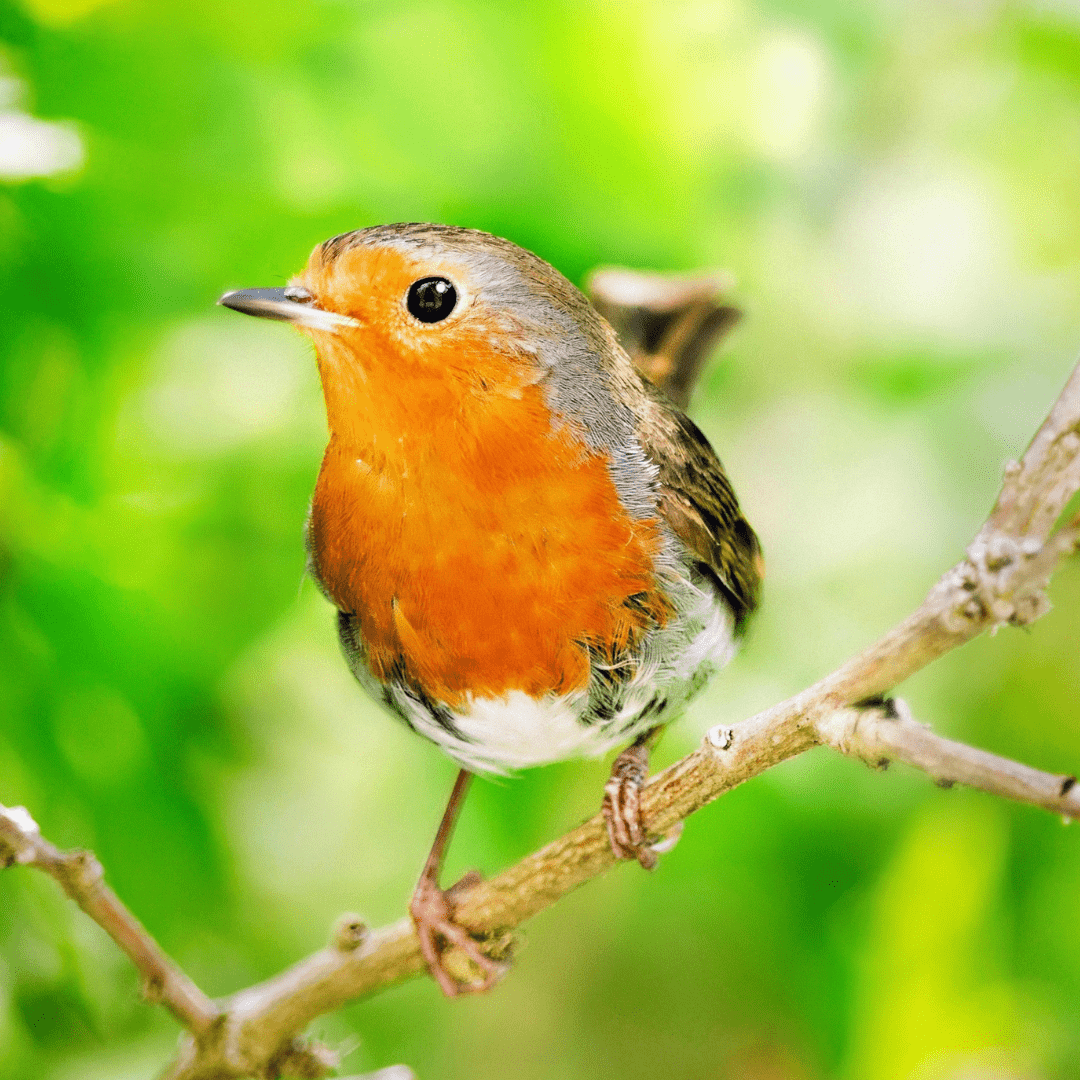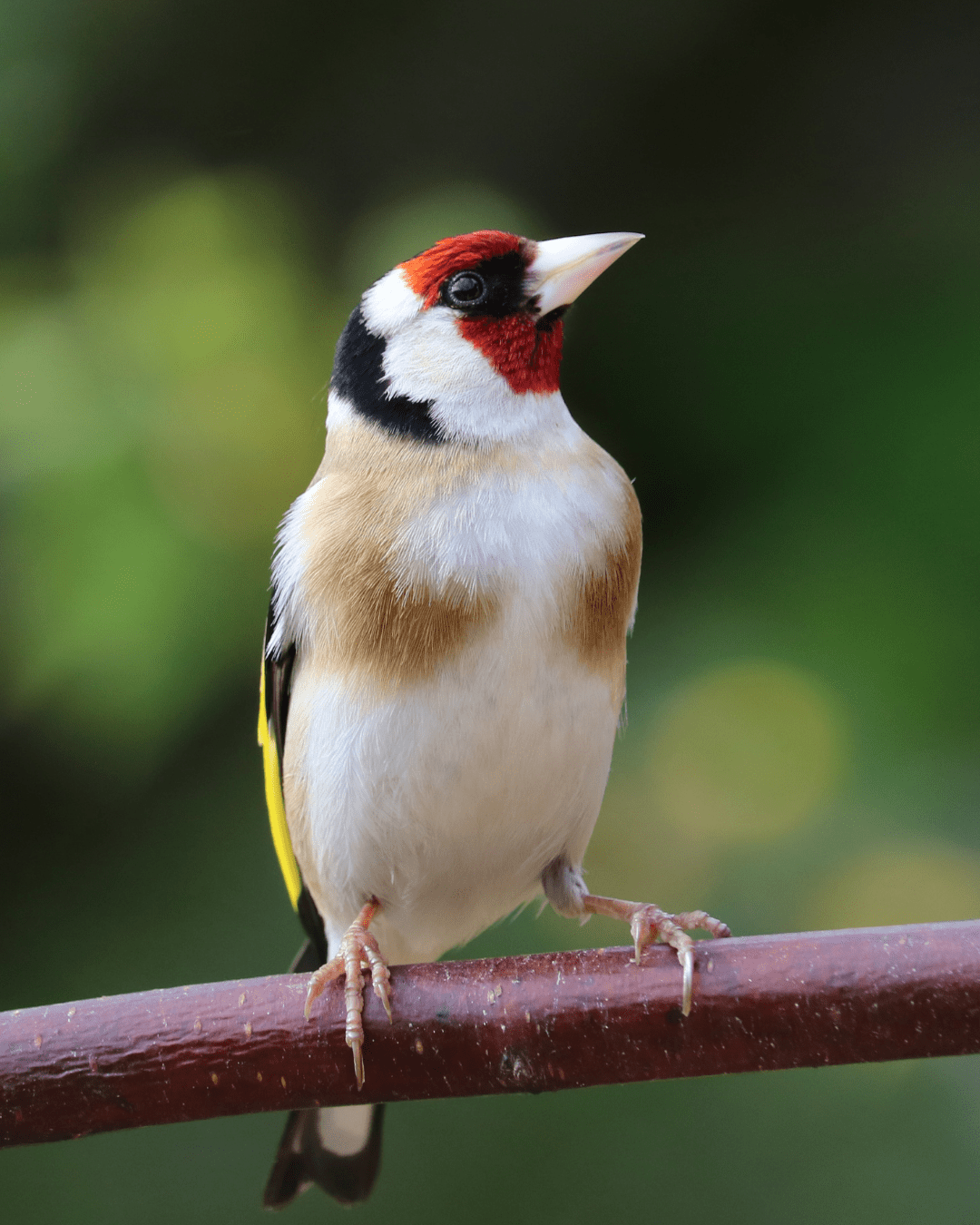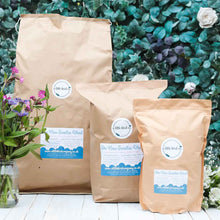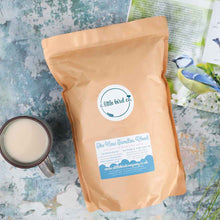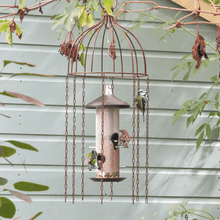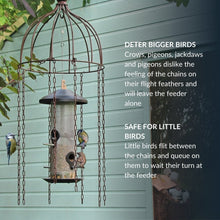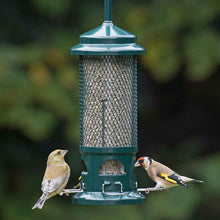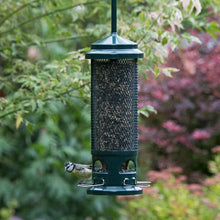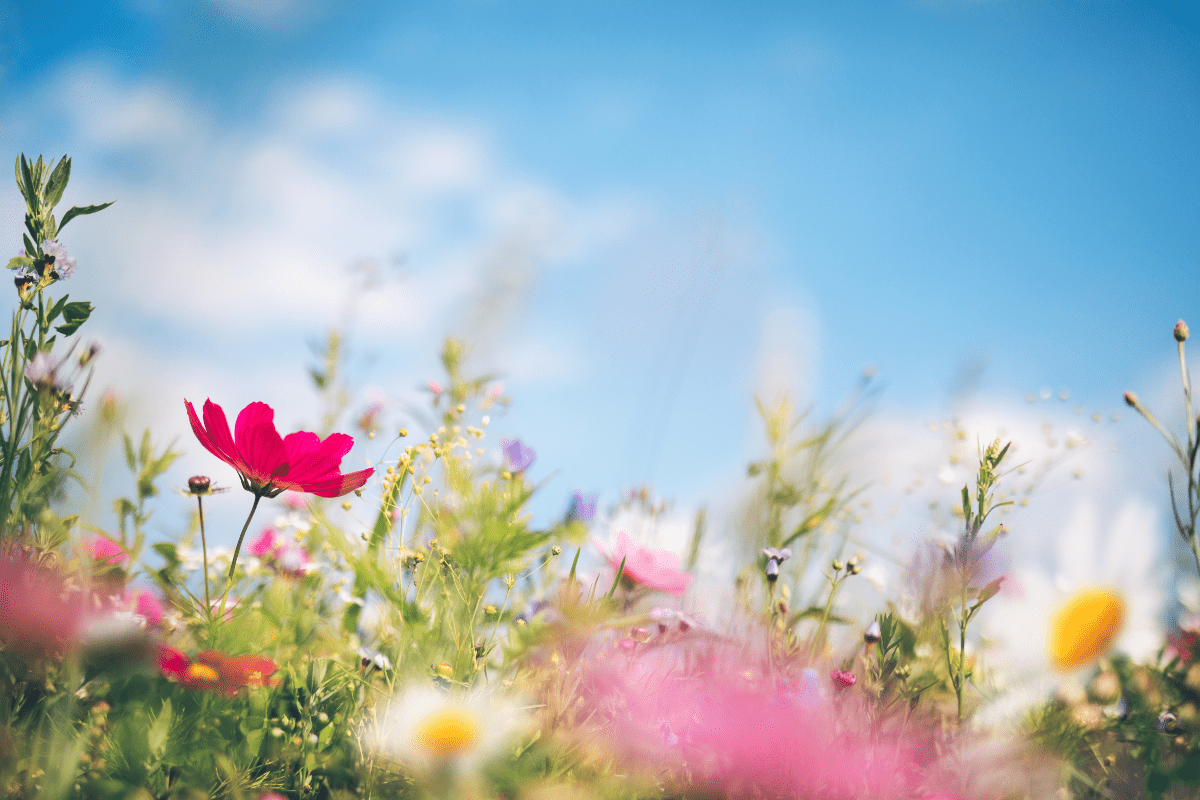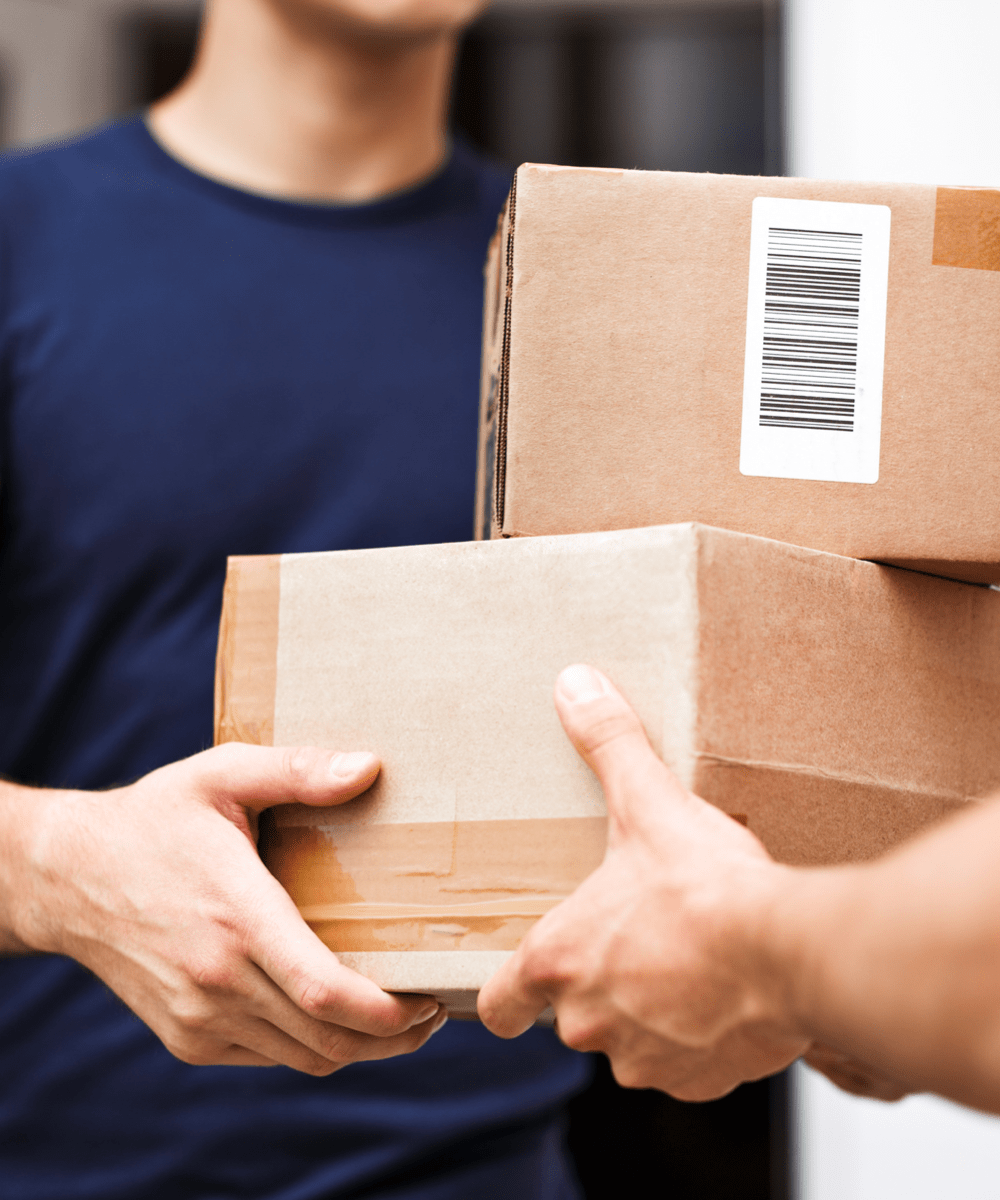What to Feed the Birds in Autumn and Winter (and What to Avoid)
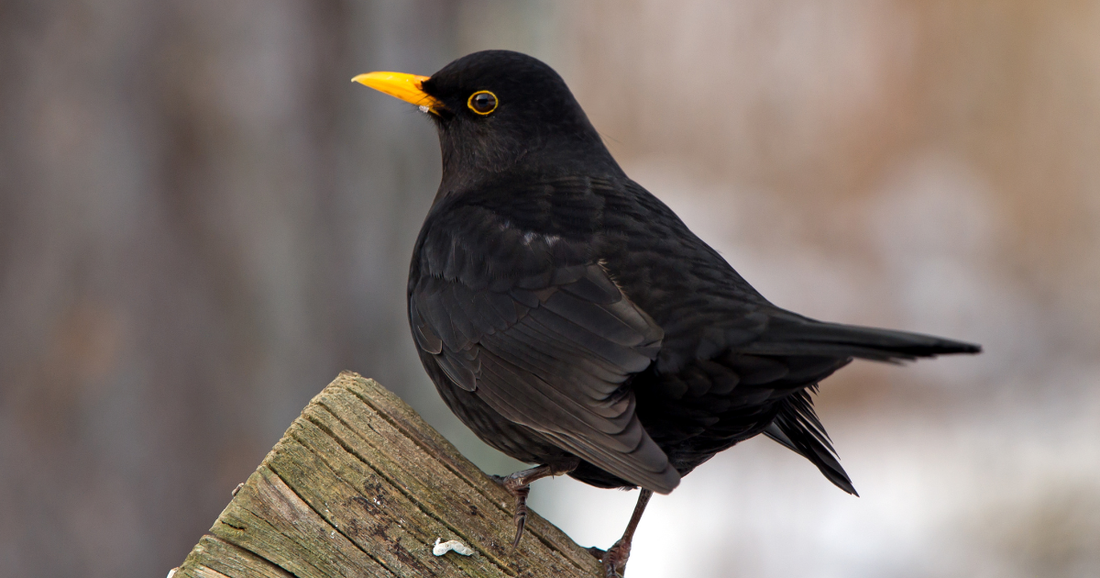
When the weather turns cold and the days get shorter, life gets tougher for garden birds. Insects vanish, berries are eaten, and the ground gets too hard to dig for worms. That’s when a bit of help from us can make all the difference.
Not all foods are equal though. Some are great for giving birds the energy they need, while others are best avoided. Here’s a simple guide to what to feed in autumn and winter, what to steer clear of, and why it matters.
What birds would typically eat at this time of year
Before people started putting food out, birds got everything they needed from nature. In autumn and winter, they would search for berries, seeds, fallen fruit, nuts and the odd insect on milder days. Hedgerows and woodlands were full of food, and leaf litter provided a buffet of hidden bugs.
Feeding birds isn’t new. Records from the early 1900s show people leaving out crumbs and grain during cold winters to help them survive. Over time, it became part of everyday life, and now garden feeding is one of the simplest ways to support wildlife.
With fewer natural spaces and less wild food available, it’s an easy way for us to give birds a helping hand.
Good foods to feed the birds in autumn and winter
At this time of year, birds need food that’s high in fat and energy. It helps them stay warm and keeps their strength up when days are short and nights are cold.
Here are some of the best things to offer:
Sunflower hearts – full of natural oils and quick energy, perfect for little birds.
Chopped peanuts – packed with protein and safe for small species. Avoid whole ones.
Suet pellets – great for calories and easy to eat when it’s cold.
Dried mealworms – a brilliant source of protein, especially for robins and blackbirds. You can also offer live mealworms alongside bird food for an extra boost.
Pinhead oats – a bit like a bowl of porridge for birds. They give slow, steady energy through chilly mornings.
You’ll find all of these ingredients in our current seasonal blend, designed to give garden birds the right mix of energy and nutrition through autumn and winter.
Which kitchen scraps can I give to the birds?
One of my happiest bird related childhood memories is of watching my best friend's grandad feeding a blackbird blackcurrant jam from a spoon. Although jam isn't maybe the most nutritious thing to offer, there are some safe options if you want to make use of food from your kitchen:
Cooked, plain rice – great for pigeons, dunnocks and blackbirds, as long as it’s not seasoned or oily.
Cooked or raw apples and pears – chop them into small pieces.
Cheese – small amounts of mild, grated cheese like cheddar are fine for robins and wrens.
Porridge oats or pinhead oats – just give these dry, never cooked into sticky porridge.
Avoid anything heavily salted, sweetened or spiced, and always put scraps out in moderation so they don’t attract rats or larger birds that crowd out the smaller ones.
Which kitchen scraps are bad for the birds?
Some foods can do more harm than good, even if they seem harmless.
Bread – filling but low in nutrients, and it can swell in a bird’s stomach.
Salted or flavoured peanuts – salt is harmful, and coatings can cause stomach problems.
Processed foods – things like crisps, chips, pies or cakes are too salty or fatty.
Large whole nuts – a choking hazard for smaller birds.
Damp or mouldy food – can make birds ill. Always check your feeders are clean and dry.
Keeping feeders clean helps prevent disease. Give them a quick wash every week or two, especially in wet weather.
How to switch to a new bird food
If you’re changing what you feed, it’s easy to make the swap. Keep feeding in the same place so birds know where to come. Add the new food in a second feeder, and add a handful a day until they've found it. Top up regularly so they can rely on the food being there. Once they discover something new, they’ll usually tuck in quite happily.
Birds are creatures of habit, so consistency matters more than anything else.
Don’t forget water
Fresh water is just as important as food. Birds need it to drink and to keep their feathers clean and waterproof, and when ponds and puddles freeze, they really struggle to find it.
Put out a shallow bowl or dish and top it up each morning. Even an old plant saucer will do. If it freezes overnight, pour in a little warm (not hot) water to melt the ice.
Small steps that make a big difference
Feeding birds through autumn and winter doesn’t take much time, but it has a real impact. A clean feeder, a reliable food source and a simple dish of water can help garden birds stay healthy until spring.
If you’re just getting started, our seasonal blend makes it easy to begin. It’s packed with everything birds need at this time of year, so you can sit back and enjoy watching them make the most of it. Need a feeder too? Take a look at our bird feeding starter set, which includes a bag of food, a lightweight feeder and a book to help you spot the birds in your garden.

